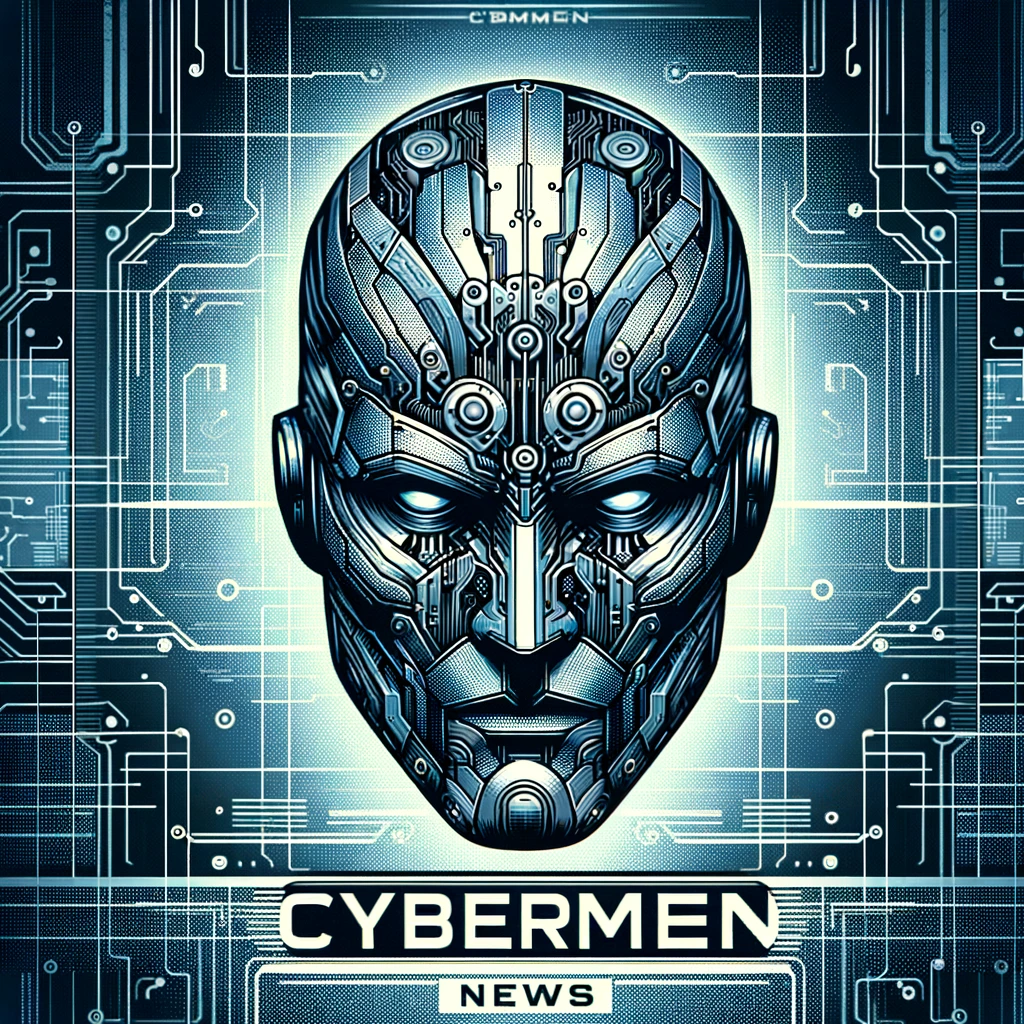Mary Shelley’s Frankenstein; or, The Modern Prometheus transcends the realm of gothic horror to serve as a profound commentary on the xenophobia and prejudices embedded within human society. Through the poignant journey of the monster, Shelley masterfully illustrates how societal norms and biases not only shape individual identities but also precipitate dire repercussions.
Xenophobia and The Emblem of Otherness
The creature’s grotesque form, a mosaic of disparate human parts, instantaneously alienates him from human society. His otherness, underscored by his physical divergence, becomes a lightning rod for societal fear and aversion. Encounters with the monster are invariably tainted with revulsion and hostility, showcasing humanity’s instinctive recoil from that which deviates from its own image.
Reflecting Societal Anxieties
Written amidst a backdrop of significant social and scientific tumult, Frankenstein captures the zeitgeist of Shelley’s era — an epoch grappling with the repercussions of the Industrial Revolution and the burgeoning realm of scientific discovery. The monster emerges as a symbol of the era’s anxieties: a figure embodying the perils of unchecked scientific ambition and the ominous veil shrouding the unknown.
Xenophobia and The Scourge of Prejudice
The monster’s narrative arc exposes the corrosive effect of prejudice — a judgment rendered, devoid of any cognizance of his intellect, capacity for empathy, or his profound desire for acceptance. This baseless condemnation propels him towards a path of vengeance and violence, a direct outcome of the relentless discrimination and isolation he endures. In depicting this transformation, Shelley underscores the cyclical nature of prejudice: society, in its quest to vanquish the monster, unwittingly becomes the architect of its own nightmare.
Echoes in the Modern World
The resonance of Frankenstein with contemporary issues is unmistakable. The specters of racism, xenophobia, and the ostracization of marginalized communities continue to haunt modern society, making Shelley’s reflections on fear, otherness, and prejudice as relevant today as they were in the 19th century. The novel implores us to confront and challenge the biases permeating our societies, advocating for a world where empathy and understanding prevail over ignorance and fear.
Toward a Future of Empathy and Inclusion
Shelley’s Frankenstein invites us on a journey of introspection, urging us to recognize the humanity in the ‘other’ and understand the profound impact of societal rejection. By dismantling the stereotypes and prejudices that fuel discrimination and violence, we can aspire to forge a more just and compassionate society. Frankenstein is not just a tale of creation gone awry but a clarion call for empathy, acceptance, and the celebration of diversity.


